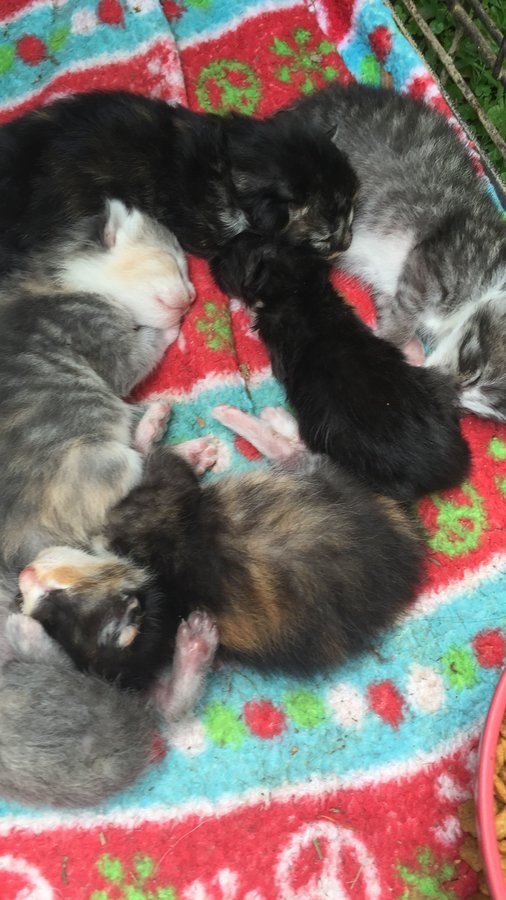 Newborn kitten is breathing hard | TheCatSite
Newborn kitten is breathing hard | TheCatSiteSelect your tools and guides AnimalTop Common Emergencies for Kittens By Lorie Huston, DVMIt may be quite terrifying to see his kitten suffering, especially if he is not sure whether the situation should be considered an emergency. When you are in doubt, contact your veterinarian or the nearest animal hospital. But to prepare you better, here are some of the most common kitten emergencies that are in emergency veterinary hospitals throughout the country. Difficulty breathing If your kitten has difficulty breathing, you should look for veterinary care immediately. Typically, this means that the lungs or airways are compromised. Many things can cause a kitten to have trouble breathing. Infectious disease is a possibility. Some of these diseases can result in pneumonia. Foreign objects trapped in the throat or trachea are also a possibility. The damage to the lungs caused by trauma is another potential cause. Allergic reactions, congenital heart failure and toxins are additional potential causes of respiratory distress. Any difficulty breathing should be considered a serious problem, which requires an immediate assessment by a veterinarian. X-rays are often needed to evaluate the lungs and respiratory tracts. Tos and ChokingChoking can be a serious problem, even if symptoms are solved in seconds. The lack of proper oxygenation or the accumulation of fluid within the lungs can be a dangerous consequence of drowning. The cough is a vague symptom of several possibilities, including viruses, bacteria, fungal pneumonia, allergic bronchitis, or even congenital heart disease. Upper respiratory infections (URIs) are one of the most common causes of cough in kittens. Often, a kitten with a URI will also exhibit signs such as sneezing, spongy eyes and a spongy nose. Any commitment to your pet's respiratory capacity should be evaluated by a veterinarian as soon as possible. Vomiting and DiarrheaVomiting and/or diarrhea can be caused by many different things, including a repent change in diet parasites, dietry indiscretion, infectious diseases, toxins, and more. Some cases of vomiting or diarrhea may be mild and self-limited. But persistent or severe vomiting and diarrhea can be problematic. Your kitten can quickly dehydrate with these symptoms. Depending on the underlying cause, symptoms can get drastically worse within hours. TraumaTrauma can be the result of a being hit by a car, being attacked by another animal, falling from an elevated height, or any other type of accident. Trauma can result in shock, broken bones, lacerations and other external wounds, internal bleeding, internal injuries, and pain. It can become potentially fatal to your kitten. If your kitten experiences any type of trauma, it should be examined by your veterinarian, even if it seems not initially damaged. Trauma complications are not rare and early intervention will give your kitten the best chance of successful recovery. Bleeding If your kitten is bleeding, look for veterinary care. Blood loss can lead to a shock and can become life-threatening. Of course, if the bleeding is lower and explantable, such as the bleeding of a nail cut during a nail cut, there is little danger. Toxin Ingestion There are many substances that can be toxic for kittens. Among the most dangerous are plants known as true lilies. Antifreeze is another potential toxin that can be deadly. Chemicals, medicines (prescription and free sale), garden products (fertilizers, plants, bulbs), chocolate, rodenticides and insecticides are other potential toxins. If you doubt whether a substance is toxic, contact your veterinarian for advice. Ingestion of the Outer Body Kittens are curious by nature, and playful. Any foreign body that is swallowed can become problematic, either causing gastrointestinal problems such as intestinal obstruction or perforations, or being trapped in the throat or trachea, causing asphyxiation and possibly asphyxiation. However, linear foreign bodies are a particularly common problem in cats. These may include rope, rope, ribbon, fishing wire, and other similar items. Allergic reactions Kittens can develop allergic reactions. The causes of these reactions range from the sensitivity of the vaccine to insect bites. An anaphylactic reaction is the most serious form of allergic reaction. Symptoms of anaphylaxis include vomiting, diarrhea, lethargy, shortness of breath and collapse. Kittens can also suffer allergic reactions that include facial swelling, hives and itching. Care is necessary if you suspect an allergic reaction in your pet. High Body Temperature The body temperature of your kitten may increase for several reasons, including infection and heat attack. Temperatures above 104 degrees are dangerous for your kitten and require veterinary care. Pain can occur in pets for several reasons and can be shown in various ways. Pacing, agitation, restlessness, panting, rapid heart rate, or even aggression are all symptoms of possible pain. Trauma injuries are probably the most common cause of kitten pain, but there are also other causes. If you think your kitten is suffering, look for veterinary help. Related PostsFooter menuCopyright @ 2020 PetMD.
Birds Cats Dogs Fish Fishes Lifestyle How to get breath kittens after birth Help a baby kitten PeeWhile help your cat give birth can be a messy process, could save a life. With all the excitement of the birth of half a dozen babies, your cat may not notice if you do not breathe properly. So ruin, doctor, because your help can make the difference. Step 1Monitor the behavior of your cat after each kitten is born. Each kitten is born in a membrane bag called the amniotic sac, which the mother normally opens after expelling the kitten. If your cat doesn't, however, that responsibility is in you, so look and see what it does. Step 2Break the amniotic sac near the face of the kitten rubbing it with a clean towel. Then rub the mouth and nose of the kitten with a clean towel to clean any fluid and get him to breathe. Step 3 Count the umbilical cord if the mother doesn't chew it. While you can pinch the cord between your fingers and tear it, a more cautious method is to tie it with a piece of fishing line and rub it with scissors on the closest side to the kitten. Never try to remove the umbilical cord from the cat, as this can cause serious internal damage. Step 4 Cut the pussy's stomach with a clean towel to start breathing. If this doesn't work, there may be fluid trapped in the throat or nasal passages. Step 5Cup your palms together and cradle the kitten in them with their stomach up and their head out. Gently swing the kitten back and forth, pendulum style. This movement forces any fluid trapped outside the kitten. Clean your face after you remove any liquid. Step 6 Return the kitten to your mother. More articles Tell Male " Female Kittens Apart→Flea Bathe a Kitten→ Remove Eye Gunk " Hard Fur in a Yorkie→References TipsWriter BioTom Ryan is an independent writer, editor and English tutor. He graduated from the University of Pittsburgh with an English writing degree, and has also worked as an arts and entertainment reporter with "The Pitt News" and a public relations and advertising publisher with the Carnegie Library in Pittsburgh. the nest
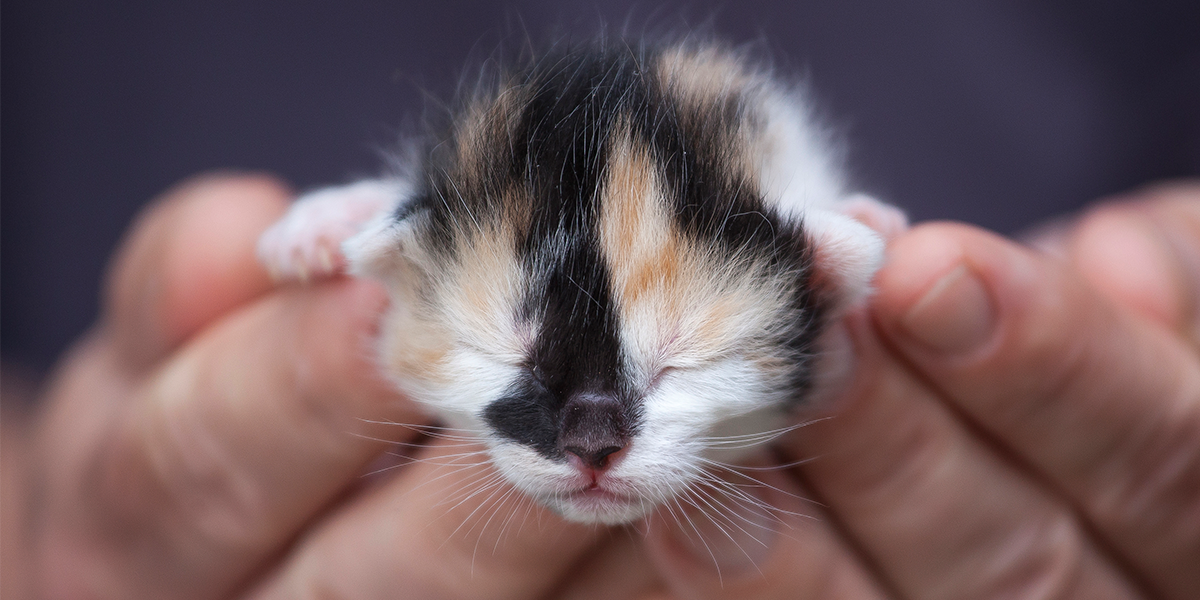
Kitten deaths (Fading Kittens) | International Cat Care/Kitten-GettyImages-535429254-58fae68d5f9b581d59a1466e.jpg)
How to Treat Fading Kitten Syndrome
How Fast Should Newborn Kittens Breathe - newborn kittens
How To CPR Newborn Kittens | CPR on a Cat - Pet Clever
How Fast Should Newborn Kittens Breathe - newborn kittens
Fading Kitten Syndrome - What Is It & What Can You Do - Urban Paw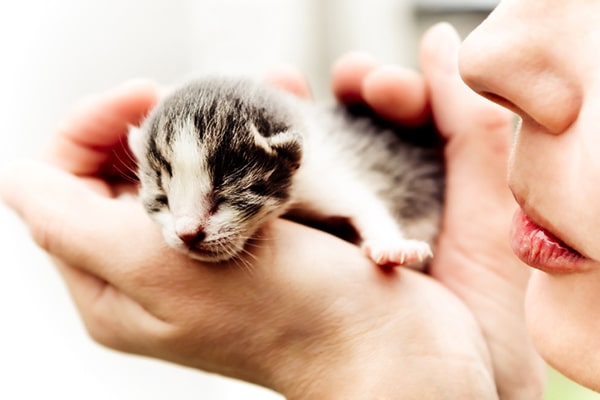
What Is Fading Kitten Syndrome and Why Do So Many Foster Kittens Die From It? - Catster/post-natal-cat-care-555416_V3-de29216d84b04323bad29f898a976578.png)
Post-Natal Care of a Cat and Her Newborn Kittens
How Fast Should Newborn Kittens Breathe - newborn kittens
When Can You Handle Newborn Kittens? | LoveToKnow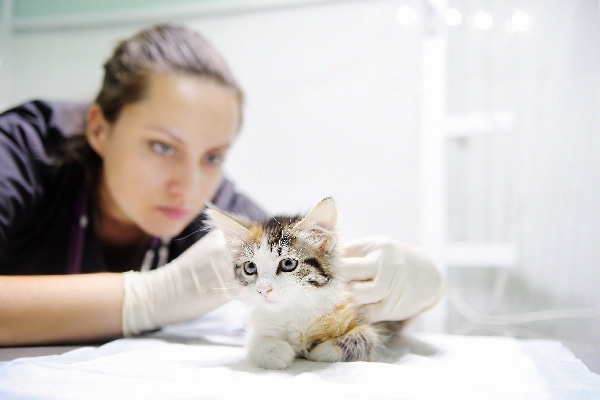
What Is Fading Kitten Syndrome and Why Do So Many Foster Kittens Die From It? - Catster
Helping a newborn kitten to breath
How Fast Should Newborn Kittens Breathe - newborn kittens
What to Know About the Birth of Kittens | Country Vet Clinic
How to Care for Newborn Kittens: 13 Steps (with Pictures)
How Fast Should Newborn Kittens Breathe - newborn kittens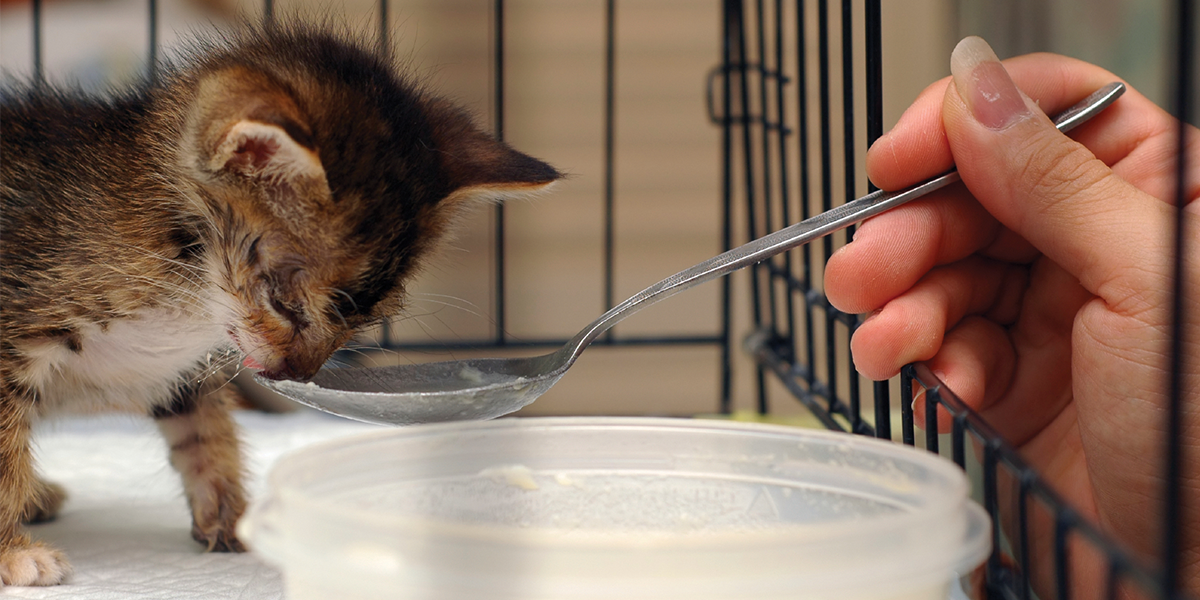
Hand-rearing kittens | International Cat Care
How to Feed a Newborn Kitten: 15 Steps (with Pictures) - wikiHow
How to Care for a Sick Kitten | Hill's Pet
Why Are My Newborn Kittens Panting
Is My Kitten Hissing or Panting? Mystery Solved! - YouTube
Newborn Kitten Care Basics..What You Need to Know Now to Properly Care for Kittens - MOBILE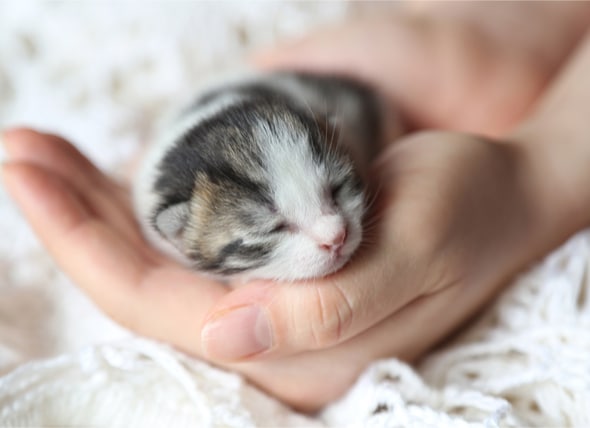
Common Emergencies for Kittens | PetMD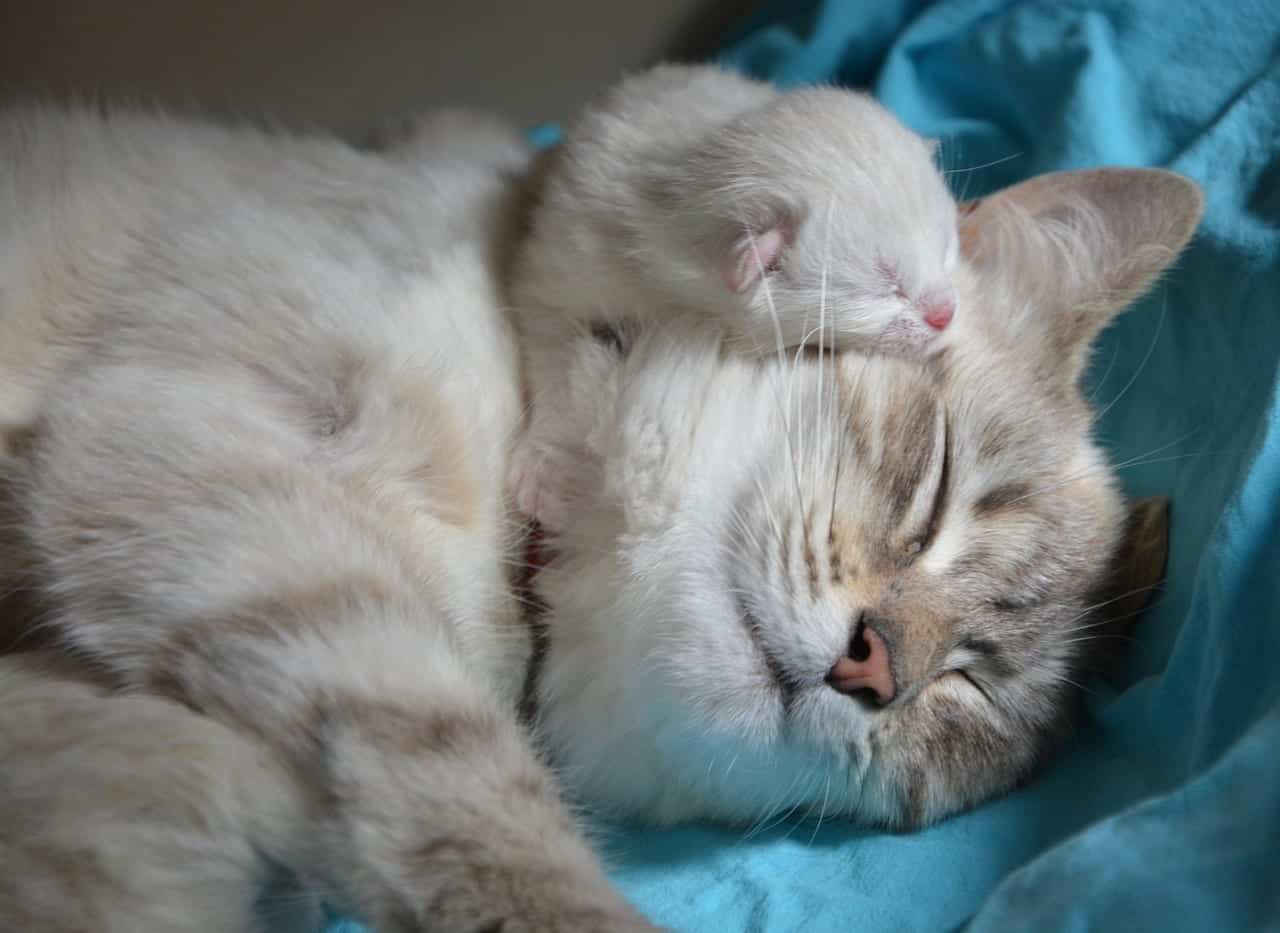
Signs Your Pregnant Cat Is In Labor And How To Prepare For The Delivery - Cole & Marmalade
How Fast Should Newborn Kittens Breathe - newborn kittens
How to Care for a Sick Kitten | Hill's Pet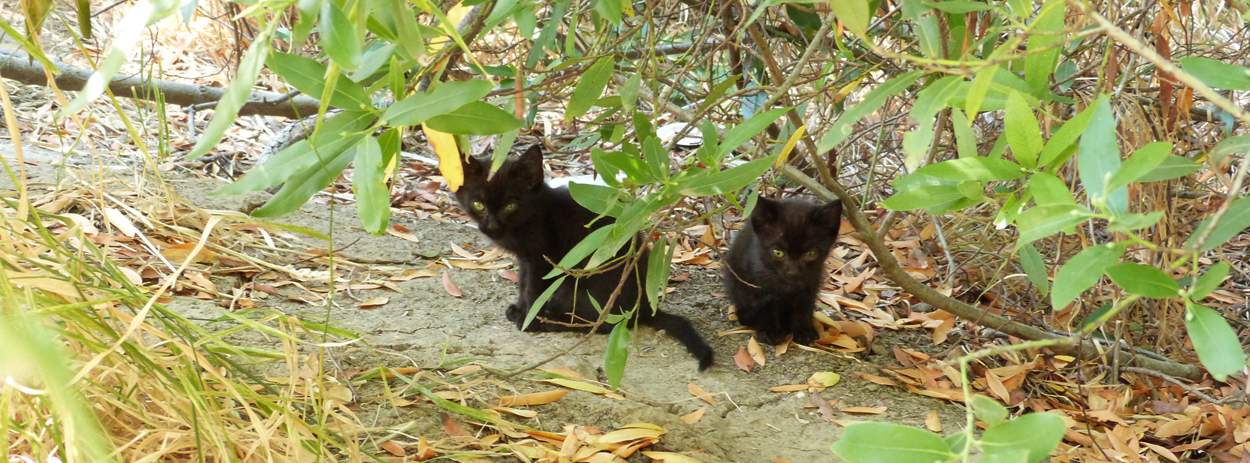
Orphaned Kitten Care - Napa Humane
Helping a newborn kitten to breath
What Is Fading Kitten Syndrome?
This man saved a kitten straight out of a coyote's mouth
How To Tell If Your Kitten's Sleeping Pattern Is Normal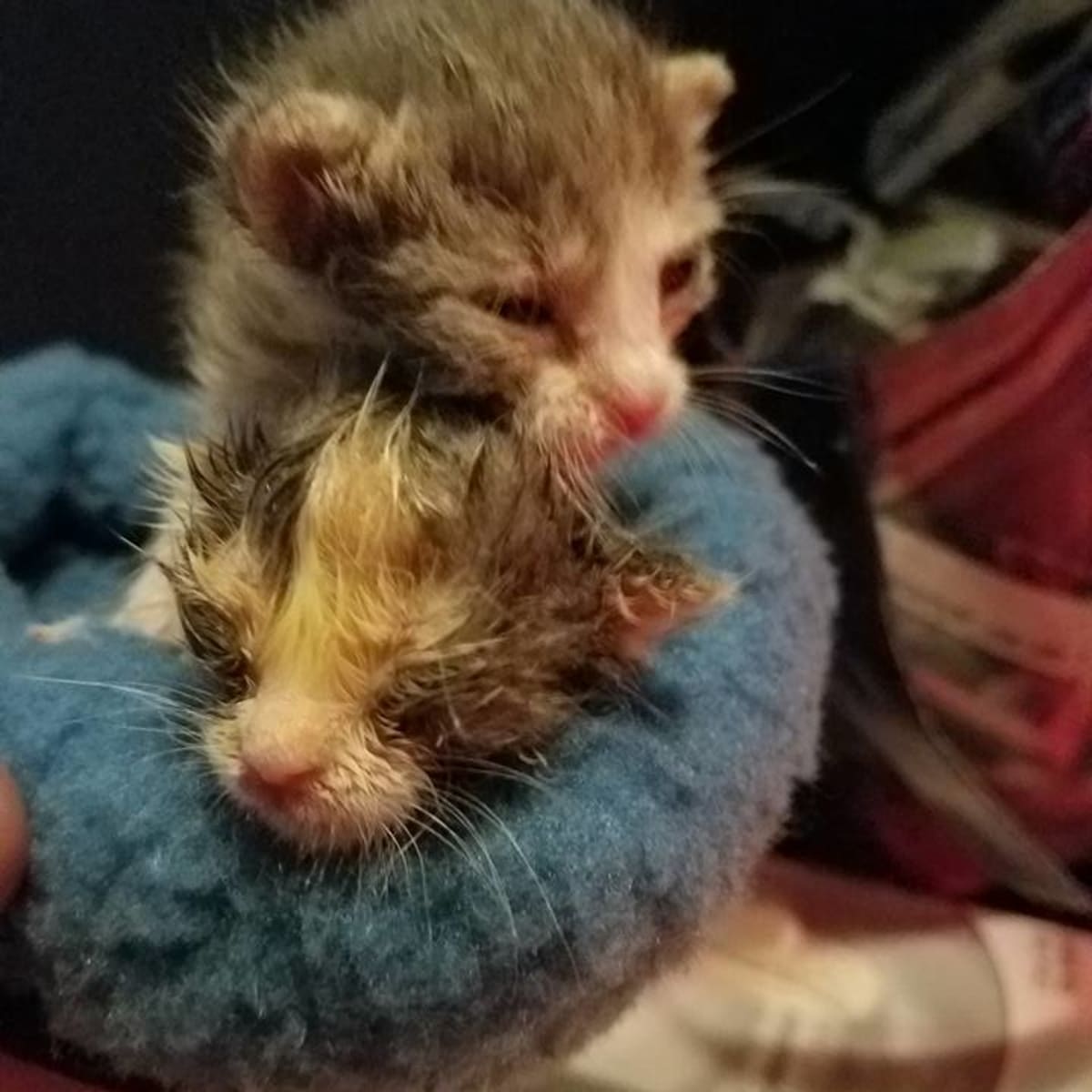
Be a Kitten Hero: Last Ditch Efforts to Try when Trying to Save a Dying Kitten - HubPages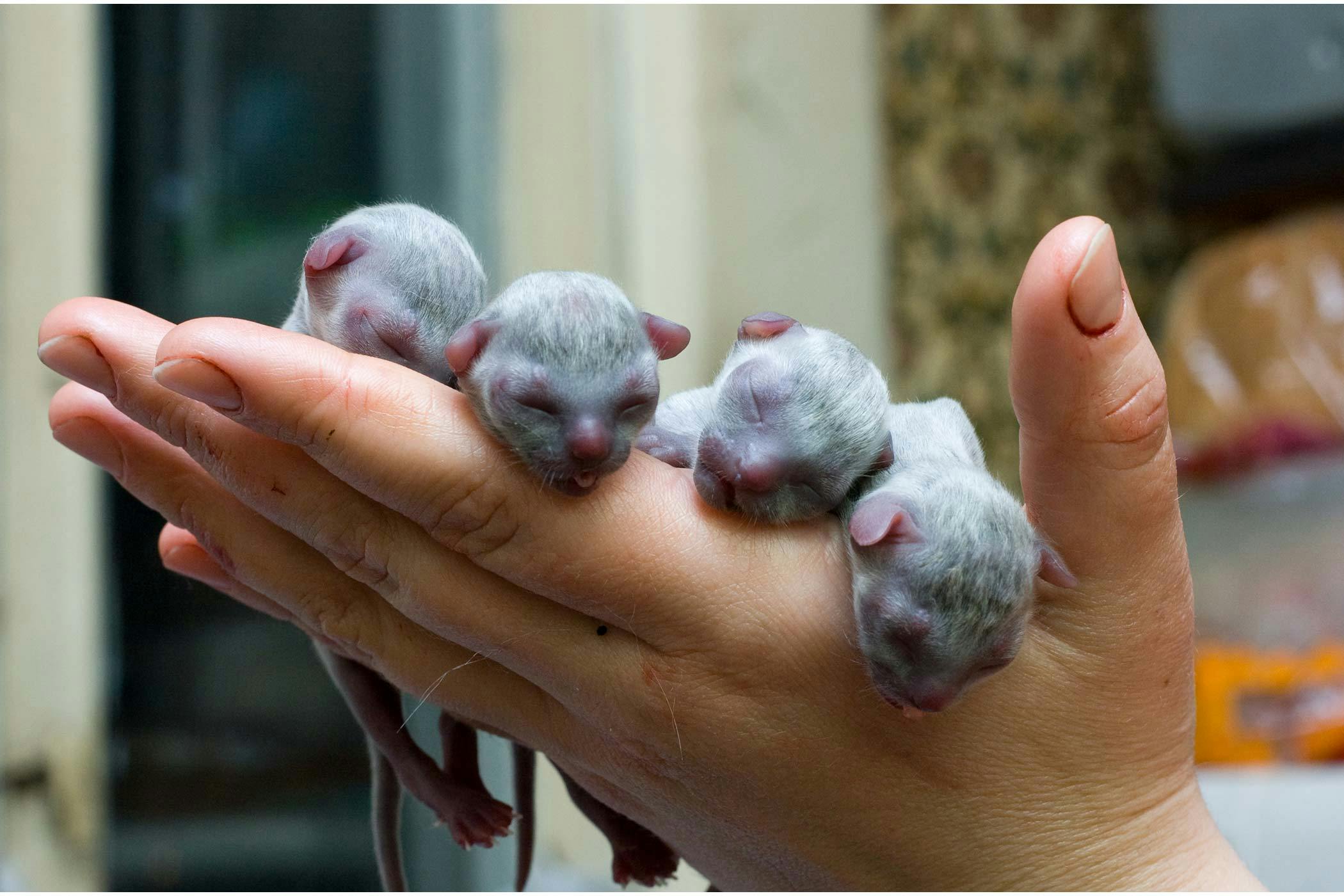
Early Death of Kittens - Symptoms, Causes, Diagnosis, Treatment, Recovery, Management, Cost
How Much Sleep Does My Kitten Need ? | Perfect Fit™
URIs — Kitten Lady
What to Feed Kittens: Kitten Feeding Guide for Every Lifestage
How Fast Should Newborn Kittens Breathe - newborn kittens
Why Are My Newborn Kittens Panting
Cat Labor and Delivery: What to Expect | PetCoach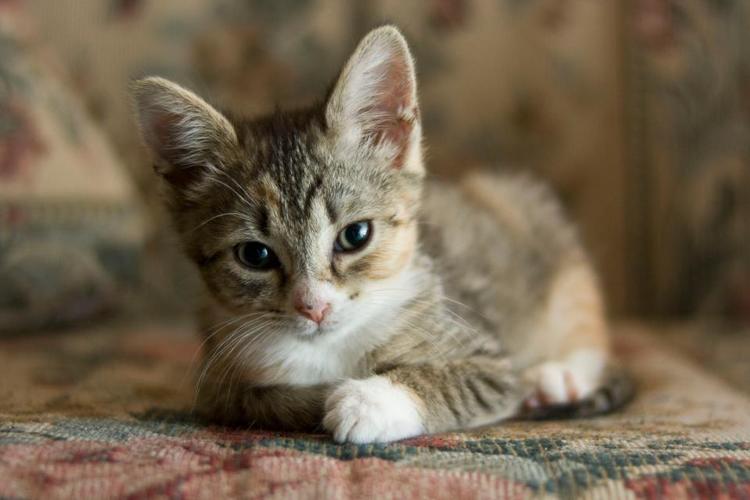
10 Crucial Steps to take to Save an Abandoned Newborn Kitten
 Newborn kitten is breathing hard | TheCatSite
Newborn kitten is breathing hard | TheCatSite
/Kitten-GettyImages-535429254-58fae68d5f9b581d59a1466e.jpg)




/post-natal-cat-care-555416_V3-de29216d84b04323bad29f898a976578.png)




























Posting Komentar untuk "newborn kitten breathing hard"